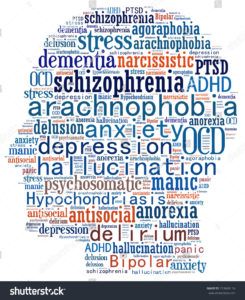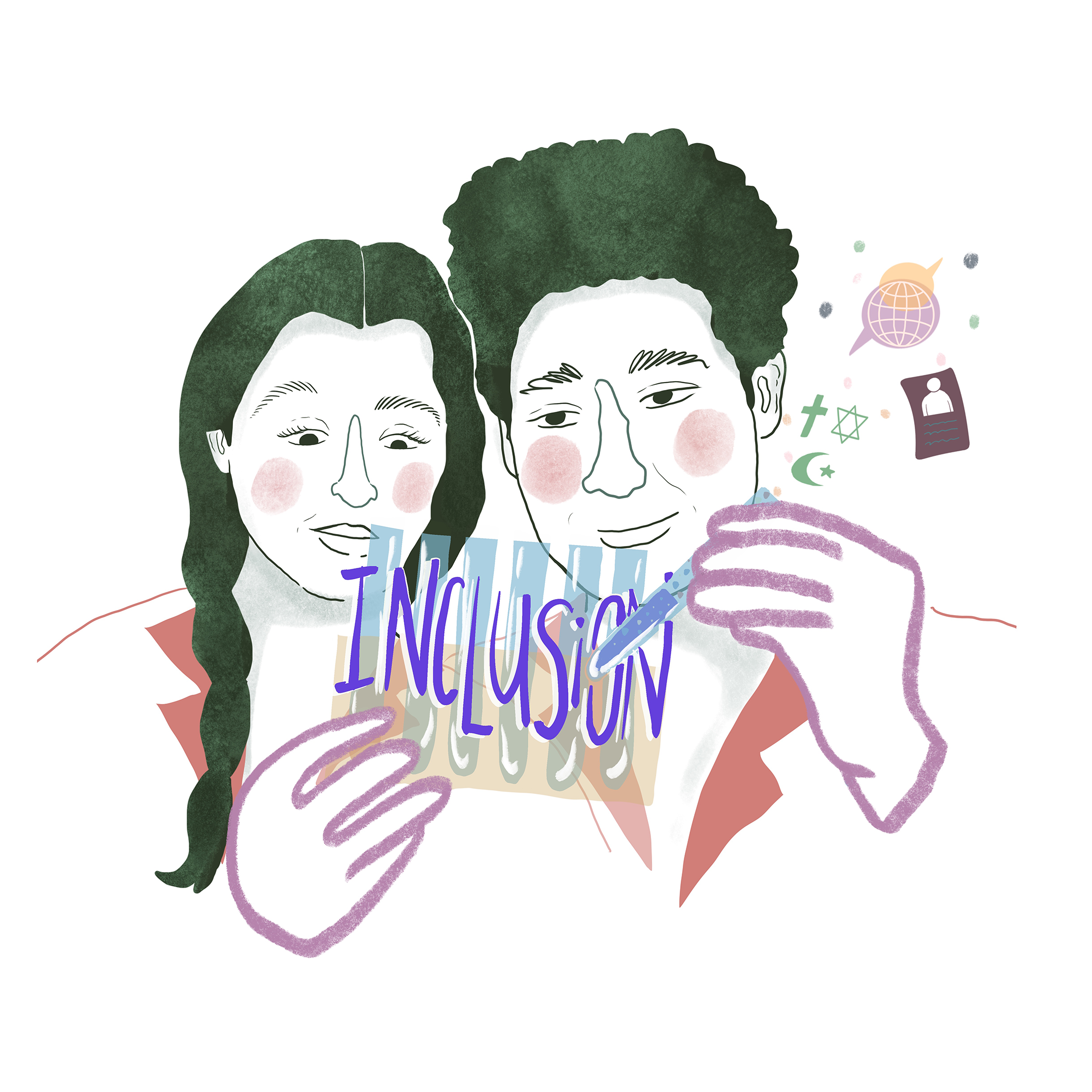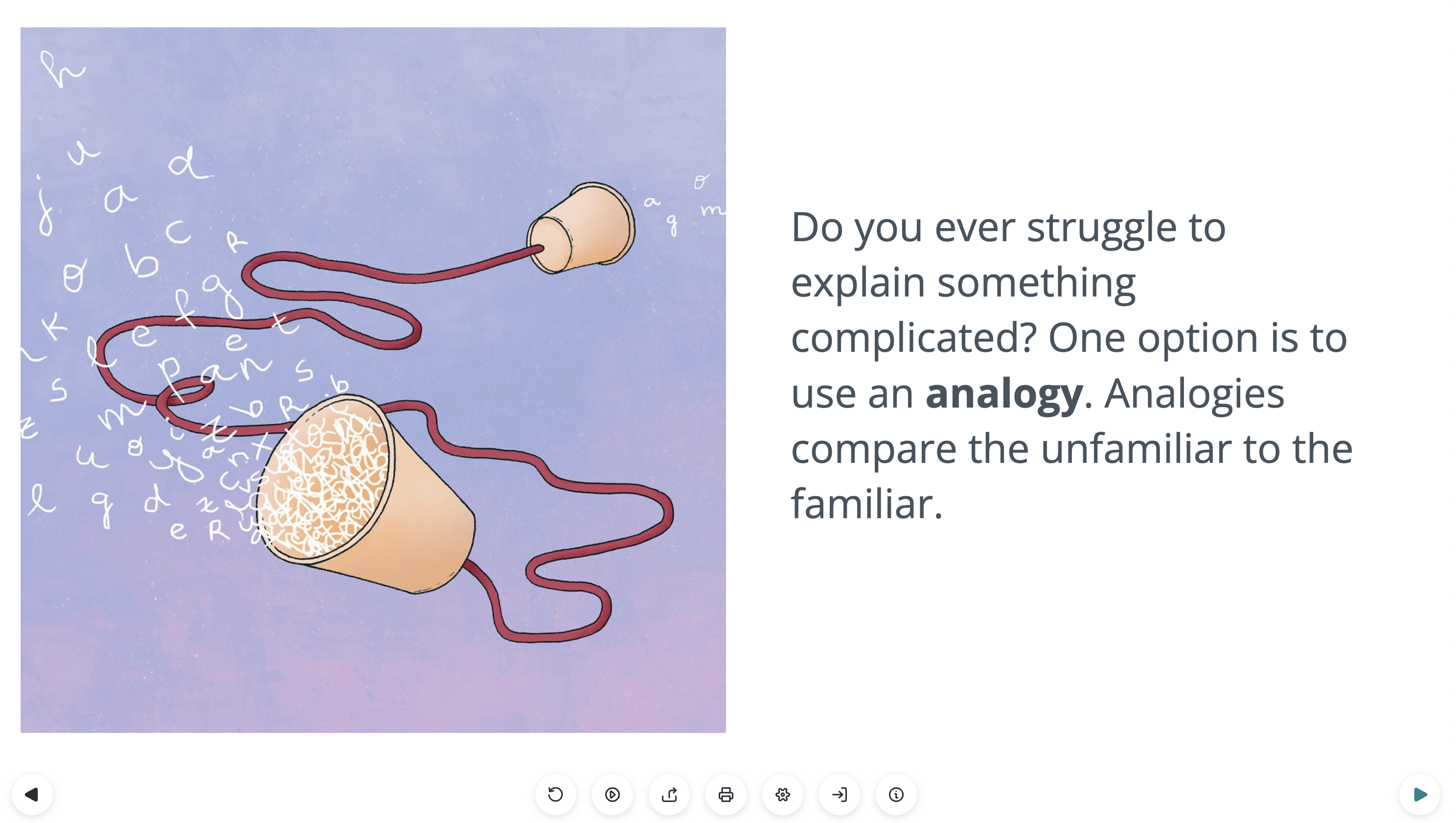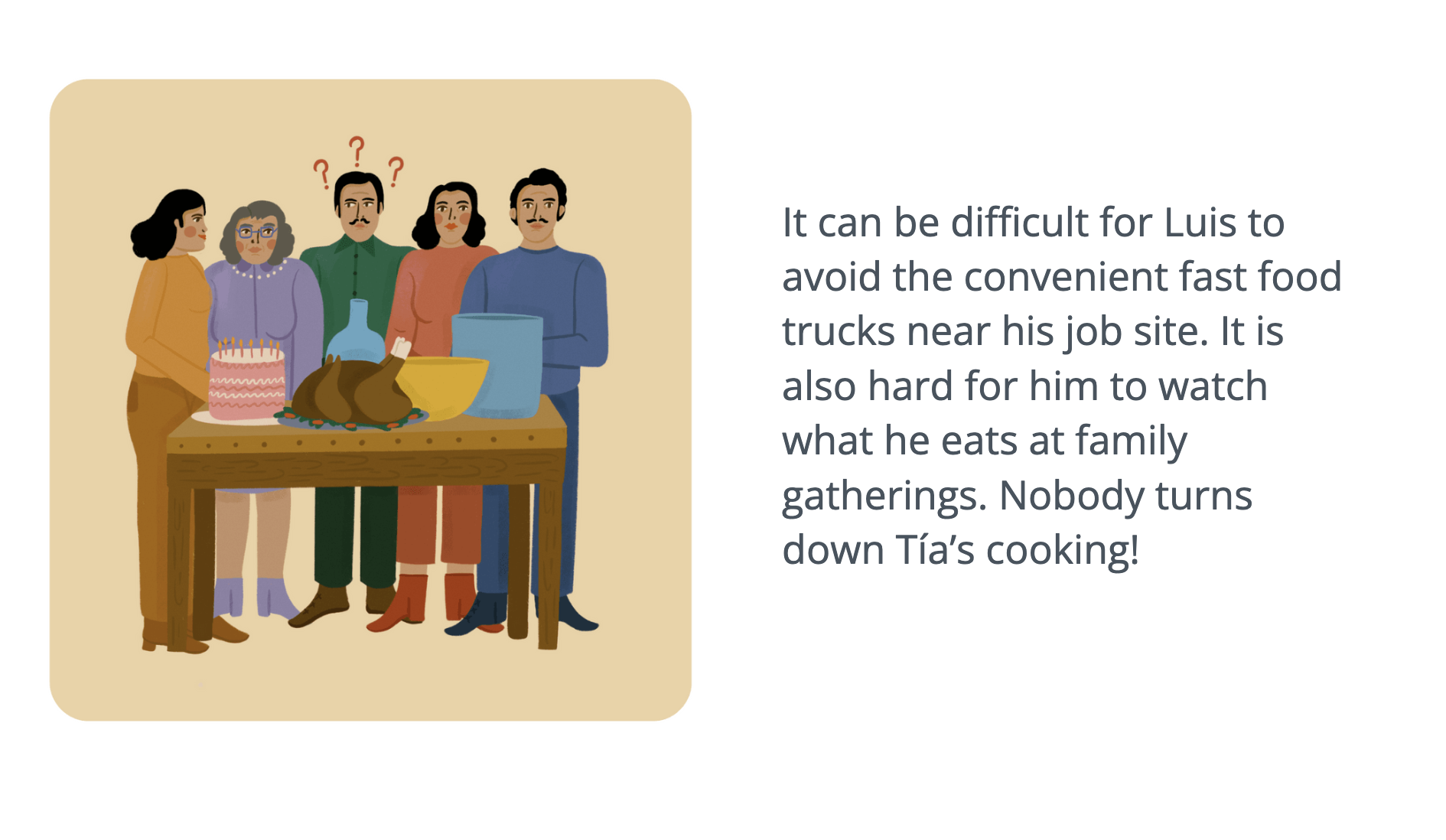Too many common things have started coming to light, at least for me. As we all are combating the pandemic, rejoicing the new drug for cancer, and struggling with climate change, there are still things out there that we should start pondering. Here, I am to speak about who genetic counsellors are, why they are important, and what kind of image is developed by the population about genetic counsellors. I will also discuss how science communication and genetic counselling intersect.

The Genetic Counsellors
The term “genetic counselling,” created in 1947, originally stood for ethical neutrality, promoting personal choice. Before the advent of the modern genetic counsellor, families with genetically disabled members were counselled by research paediatricians, geneticists, and immune biologists—that is, medical doctors and researchers—about recurrence risks and disease management.
Rayna Rapp, an emeritus professor at New York University, discussed the initial genetic counsellors and pregnant women in one of her publications. During the 1960s, prenatal testing, known as amniocentesis, was an emerging reproductive technology. Amniocentesis became a clinical service, and with that came the requirement for an “interface“—someone to explain the advantages and disadvantages of the test and convert scientific possibilities into patient-specific calculations. The “gatekeeper” who stood between social work and science, amid epidemiology and empathy, changed to women. Female students seemed especially qualified for a profession that involved counselling pregnant women.
Additionally, the profession of “counselling” seemed to call for “feminine traits” in particular. Though this is gender-biased, it was how the domain was looked upon back in those days. The skills are the only thing which we should start giving our attention to.
Science Communication in Genetic Counselling
Some might wonder how communicating science could play a vital role in genetic counselling. I would say genetic counselling is like science communication where the counsellors are the communicators, and the patients are the targeted audience. In a nutshell, they explain complex messages in a simpler way to their clients.
A genetic counsellor’s self-awareness is just as crucial for providing patients with quality care as their sensitivity to their clients. Genetic counsellors tend to be high in emotional intelligence, optimistic, and scientifically minded. The ability to engage clients empathically can be developed with the help of these characteristics. Clients’ inherent capacity to make wise decisions for themselves and the advantages of acquiring tailored genetic information is personal beliefs held by genetic counsellors. They are passionate about spreading genomic science and value it, often at the expense of successfully educating clients. Counsellors’ strengths can be intentionally improved through theoretical and practical teaching approaches.

Credit: Unsplash
Jonathan Roberts, a registered Genetic Counsellor at Addenbrooke’s Hospital and a Researcher at the Society and Ethics Research Group at the Wellcome Genome Campus was asked a question in an interview by frontline genomics “The public is so diverse. For example, I have a genetics background so I would understand what you are saying, whereas others may not have heard of genetics or the word gene. How do you have to adapt your communication skills to deal with this?” His answer was simple and straightforward: allowing people to think for themselves with the given information is a good approach not only in the aspect of genetic counselling but also relevant for science communication in general. Communication should always be two-directional. We typically think of science communication as one-directional. In other words, science communication is often thought as giving information and the success rate of that information reach is judged by the ability of the individual’s grasp.
It’s important for the counsellor to listen to the client’s thoughts and emotions even though they have a wrong perspective about it, or do not understand the scientific meaning of a particular topic. We should listen to them and attempt to create a positive environment. When we explain or communicate about a disease to the patient, we should think about how a positive environment helps us listen to the patient’s feelings.
It’s time that the scientific society starts taking measures to involve SciCommers in spreading awareness about genetic counselling to diverse groups. To effectively address the psychological influence on different groups and overcome the difficulties of communicating complex concepts to diversified populations, a variety of high-quality communication skills are necessary. The transgender community, visually impaired clients, hard-of-hearing or deaf clients, people with intellectual problems, parents, kids, and teenagers are just a few groups whose cultural viewpoints may affect the communication process.
Breaking bad news and the language barrier
An effective strategy for delivering bad news is to verbally acquaint the patient and family with the information while caring for the counselee’s emotional condition during the session. According to the notion that in medicine, one may and should always provide something reasonable to a patient, it should also involve the patient in decision-making and provide real hope for the future, regardless of the complexity of the medical situation.
Undoubtedly, using unsuitable language during the counselling stage runs the dangerous risk of aggravating body identity, which will ultimately cause the trust to be lost and any relationship and communication between a patient and a person in charge of their treatment to break down. Symbols and words can sometimes be employed in an exclusive way, rather than empowering people to make difficult decisions about their lives and families—especially if they don’t accurately reflect the person’s lived reality. As a result of their healthcare experience, many transgender and non-binary patients feel vulnerable, isolated, and misunderstood, making them less comforted by the clinician.
The counsellor’s ethical dilemmas
A set of facts are understood through counselling by considering the counsellor’s frame of reference, knowledge of genetics, and prior instruction and experience in effectively communicating with the consultee. The counsellor must know the consultee’s educational background, what to divulge, and how to limit the methods in which they can interact with them efficiently. Emotional problems and a lack of understanding of genetics and biology have been identified to be the main barriers to the proper use of genetic counselling.

Credit: Pexels
To conclude we could notice the skills such as empathy, emotional intelligence and how they are so crucial in communication. The genetic counsellors as well as the science communicators should develop a multi-cultural understanding.
In the end, we can interpret that the genetic counsellors do their best teaching, helping the patients, advocating for them, and helping them understand the truth. It’s time we empathize with the counsellors in the same way as they do with their patients. All patients affect them deeply.


Further Reading:
- A Spotlight on Science Communcation
- Witt, M.M., Jankowska, K.A. Breaking bad news in genetic counseling—problems and communication tools. J Appl Genetics59, 449–452 (2018). https://doi.org/10.1007/s13353-018-0469-y
- Genetic Counsellors Complex Messages
- Rapp, R. (1988). Chromosomes and Communication: The Discourse of Genetic Counseling. Medical Anthropology Quarterly, 2(2), 143–157. http://www.jstor.org/stable/649158
- Genetic Counsellors: Helping Patients Cope with Bad Results
- Biesecker, B., Peters, K., & Resta, R. (2019-09). Characteristics of Genetic Counselors. In Advanced Genetic Counseling: Theory and Practice. Oxford, UK: Oxford University Press. Retrieved 25 Jun. 2022, from https://oxfordmedicine.com/view/10.1093/med/9780190626426.001.0001/med-9780190626426-chapter-5.
- Muthuswamy V. (2011). Ethical issues in genetic counselling with special reference to haemoglobinopathies. The Indian journal of medical research, 134(4), 547–551
- Addressing inclusion in genetic counselling




